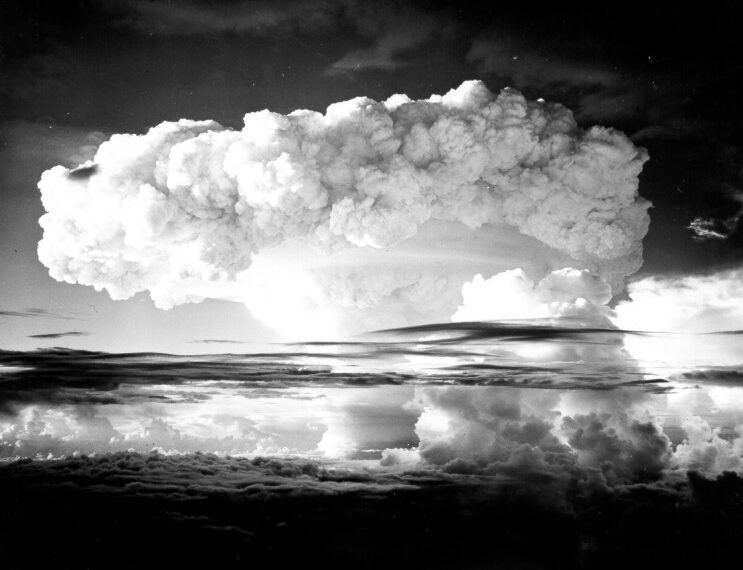Meaning of Apocalypse: The term “apocalypse” is most commonly used to describe the complete final destruction of the world, as described in some religious texts, notably the Christian Bible’s Book of Revelation. It is often associated with events involving destruction or damage on an immense scale. In a broader sense, “apocalypse” can also refer to any prophetic revelation or to a fundamental change or momentous event that leads to drastic change.
Etymology and Origin: “Apocalypse” comes from the Greek word “ἀποκάλυψις” (apokalypsis), which means “revelation” or “an uncovering.” The term is composed of “ἀπό” (apo), meaning “un-” or “after,” and “καλύπτω” (kalupto), meaning “to cover” or “to conceal.”
- Greek Roots: In its original Greek context, “apokalypsis” referred to a revelation or an unveiling, particularly of knowledge or divine truth. The term did not initially imply destruction or the end of the world.
- Religious Context: In the Christian New Testament, the Book of Revelation (also called the Apocalypse of John) describes the revelation of the end of the world as seen by the apostle John. This religious context influenced the word’s modern connotation of catastrophic end times.
- English Adoption: “Apocalypse” entered English in the early 13th century, originally retaining its meaning of a prophetic revelation. Over time, its usage expanded to encompass the concept of world-ending events.
Thus, the term “apocalypse” has evolved from its original Greek meaning of an uncovering or revelation to a broader concept that often includes notions of catastrophic destruction or significant transformative events.





 Consider supporting the author with just $1 —a small gesture for you, but a significant boost for ongoing explorations and maintaining this space. Every dollar helps cover hosting, domain, and service fees.
Consider supporting the author with just $1 —a small gesture for you, but a significant boost for ongoing explorations and maintaining this space. Every dollar helps cover hosting, domain, and service fees.
1 comment